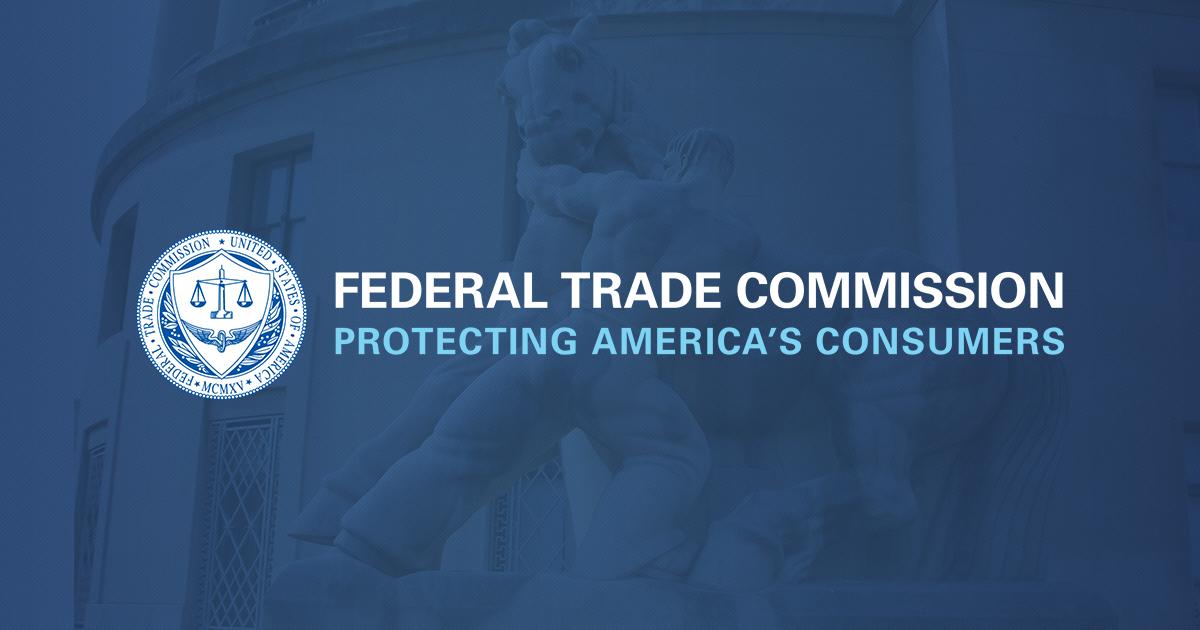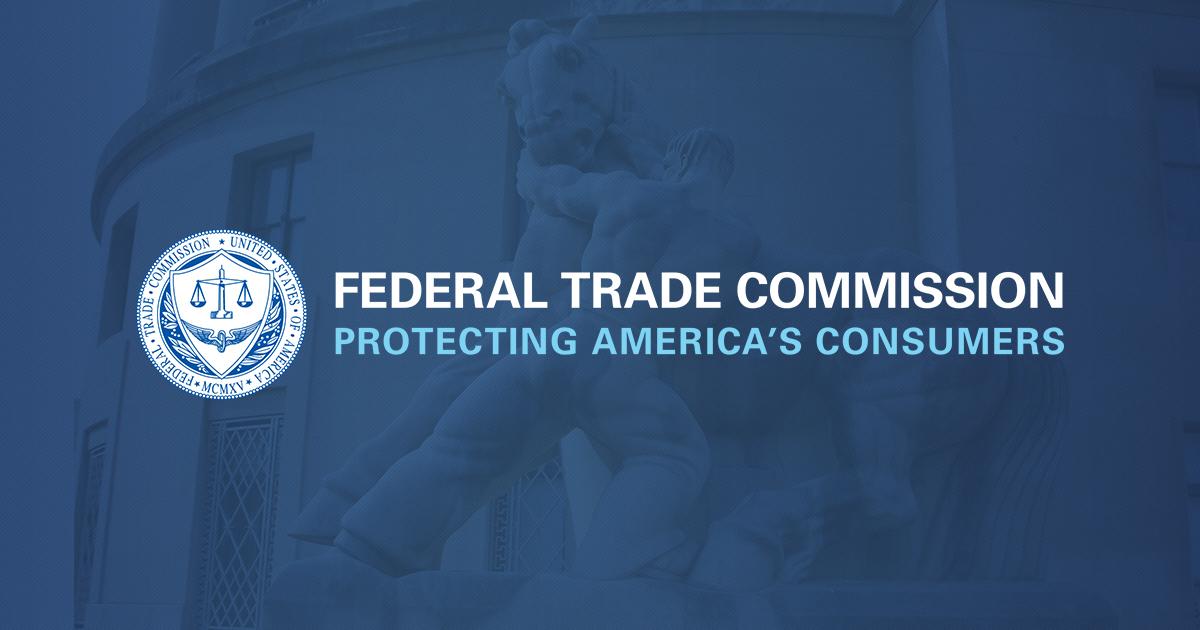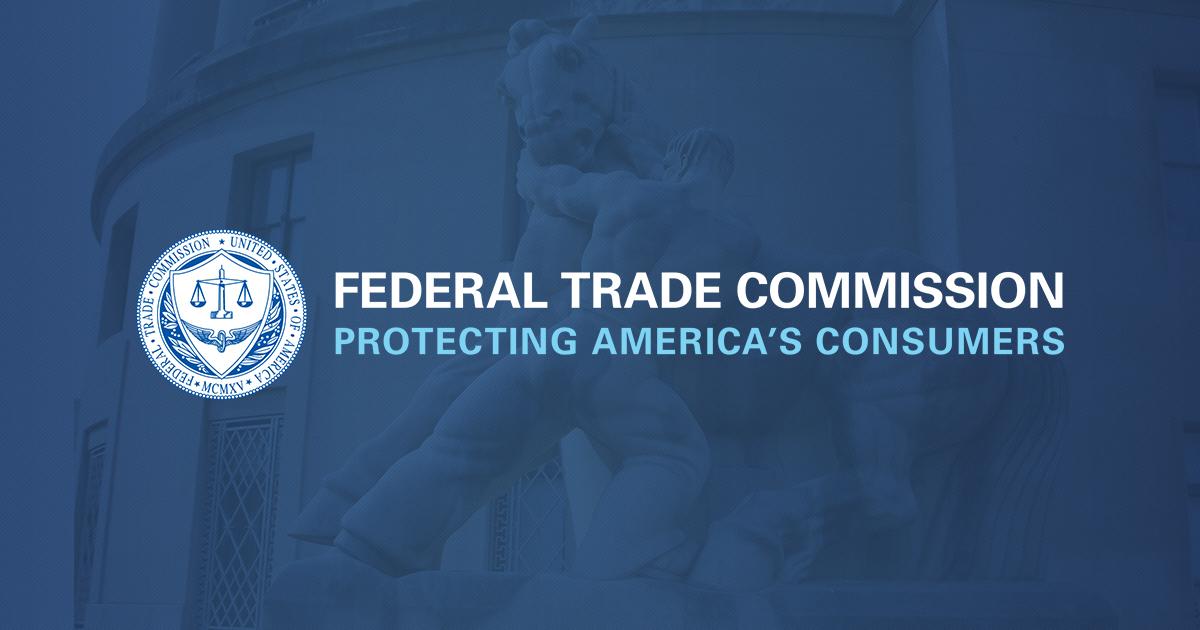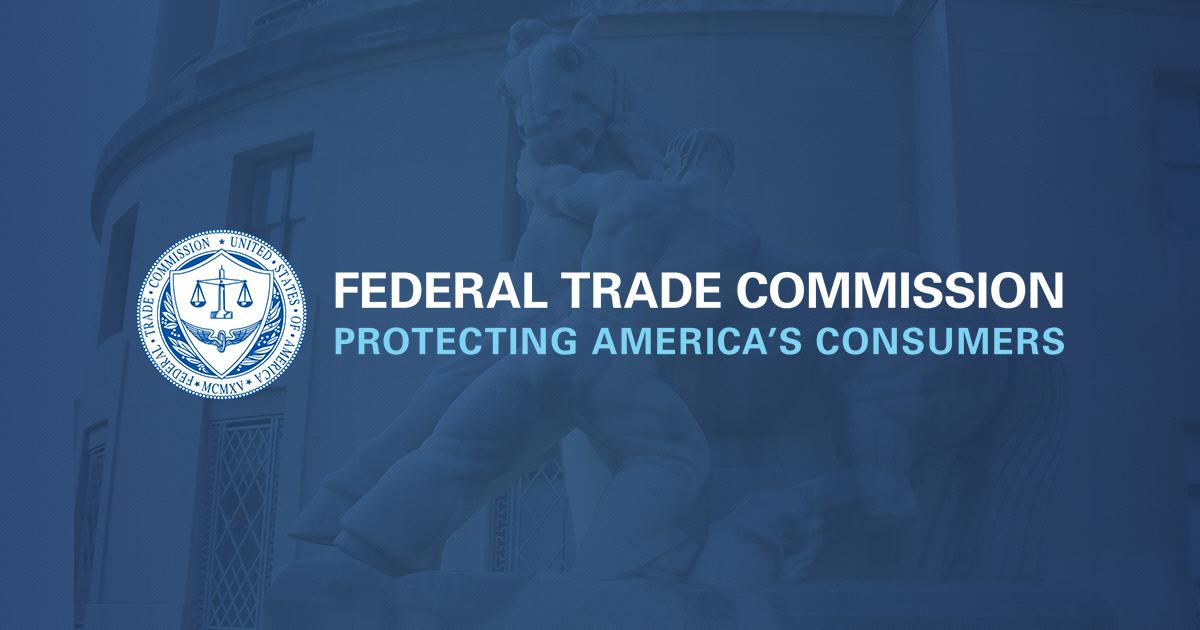The FDIC is seeking comment for 45 days (closing 12-28-2015) on a proposed update to a series of frequently asked questions (FAQs) and an accompanying introductory letter regarding identifying, accepting and reporting brokered deposits that were issued in January 2015 through FIL-2-2015.
Financial Institution Letters
FIL-51-2015
November 13, 2015
FDIC Seeking Comment on Frequently Asked Questions Regarding Identifying, Accepting, and Reporting Brokered Deposits
Purpose
In January 2015, the FDIC issued a Financial Institution Letter, or “FIL,” with a series of “Frequently Asked Questions,” or “FAQs” regarding identifying, accepting and reporting brokered deposits, and also with an introductory letter to the FAQs (FIL-2-2015). The FIL indicated that the FDIC would periodically update the FAQs on its website. The FDIC is now proposing to update the FAQs and the introductory letter to reflect feedback that has been received since the FIL was issued. Attached are proposed revisions and additions to certain sections of the FAQs and to the introductory letter that precedes the FAQs with revisions and additions highlighted to allow readers to readily identify changes. Clean versions of the documents are also attached.
The FDIC is seeking comment on the proposed updated FAQs and introductory letter for 45 days, ending December 28, 2015. Comments are sought on the entire FAQ document and introductory letter, with particular emphasis on areas with proposed updates or additions. Comments received will be considered before posting the final updated FAQs and introductory letter. In order to finalize the updates in a timely manner, comments received that address areas outside of the proposed FAQs may be answered under separate cover or in the next round of FAQ updates. When posted to the FDIC’s website, the updated FAQs and introductory letter will rescind and replace FIL-2-2015. Comments should be sent to [email protected] by December 28, 2015. Comments will be posted on the FDIC’s website.
Background
Section 29 of the Federal Deposit Insurance Act (FDI Act) (12 U.S.C. § 1831f) and the FDIC’s implementing regulations at 12 C.F.R. § 337.6 define the term “deposit broker” and restrict the acceptance of deposits by or through a deposit broker by insured depository institutions (IDIs) that are not well capitalized, among other provisions. The purpose of these restrictions is to prevent weaker banks from increasing their risk-taking through brokered deposits and to reduce costs to the Deposit Insurance Fund for banks that fail. Reports from the Government Accountability Office and the FDIC’s Office of Inspector General, as well as the Inspector General’s material loss reviews of failed banks, indicate that brokered deposits were a significant contributing factor in many recent bank failures.1
The term “deposit broker” is defined as “any person engaged in the business of placing deposits, or facilitating the placement of deposits, of third parties with IDIs or the business of placing deposits with IDIs for the purpose of selling interests in those deposits to third parties.” 12 U.S.C. § 1831f(g)(1)(A). If an IDI accepts a deposit through a “deposit broker,” the deposit is a “brokered deposit.” See 12 C.F.R. § 337.6(a)(2).
In the FDIC’s experience, the question of what constitutes a brokered deposit is very fact-specific and can depend upon varying product features, delivery mechanisms, fee structures, contracts and other governing documents, and evolving technology, among other things. Therefore, over the years, based on industry feedback and requests for guidance, as well as individual brokered deposit determinations, staff at the FDIC has provided guidance on brokered deposits through various advisory opinions and interpretive letters.2 Additionally, in 2011, the FDIC published its Study on Core Deposits and Brokered Deposits, which was required by the Dodd-Frank Wall Street Reform and Consumer Protection Act, and which also addressed the categorization of certain types of brokered deposits.3
Despite the existence of Section 29, implementing regulations, staff interpretations, advisory opinions, the study, and governing principles, questions continued to arise regarding whether certain types of deposits were brokered deposits. To assist the industry by providing this information in one place, the FDIC issued FIL-2-2015, with a series of FAQs that summarized issues from key questions on the statute and regulations, as well as existing staff interpretations, opinions, letters, and the study, grouping them into common categories with the goal of explaining the questions and issues in plain language. The FDIC intended the FAQs to be a helpful way for banks to begin the process of determining whether a particular deposit should be categorized as brokered to the extent they had not previously done so.
Since the FAQs were issued, the FDIC has received written inquiries and participated in a number of calls and meetings with bankers, banking trade groups, and other interested parties. The FDIC also held an industry-wide banker call-in regarding the FAQs on April 22, 2015, during which a number of banker questions were addressed. The FAQs have been envisioned to be a living document, and the FIL pointed out that FAQs will be periodically updated on the FDIC’s website.
Purpose of the FAQs and General Information – The introductory letter to the FAQs has been revised to state more clearly that the FAQs are based on the law, regulation, study, and other existing interpretations, and accordingly, are not considered new. To that end, footnote citations to these existing sources have been provided for various FAQs, where applicable. The FAQs have also been updated to include new FAQs that are based on written or oral inquiries received since the January 2015 release of the FAQs, and those are identified with footnote citations as well.
The introductory letter also emphasizes that the FAQs are intended as a starting point for analysis, and that the FDIC takes a case-by-case approach to each determination. A statement has also been added indicating that, if an institution was unaware of brokered deposit treatment until the FAQs were released, then the FDIC would generally not seek refiling of past Consolidated Reports of Condition and Income (Call Reports). However, an institution’s accounting and financial reporting personnel might make their own refiling recommendations. The introductory letter has also been revised to state that the FDIC intends to update the FAQs annually as needed, rather than periodically, as stated in the previous version, to give the industry a better indication of when updates can be expected.




